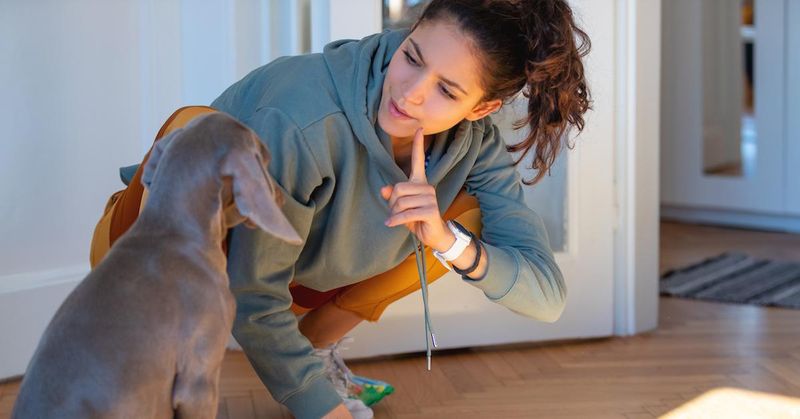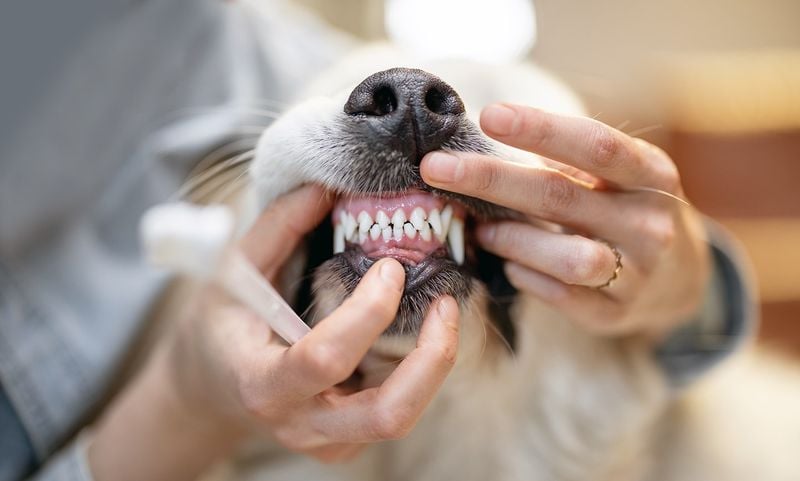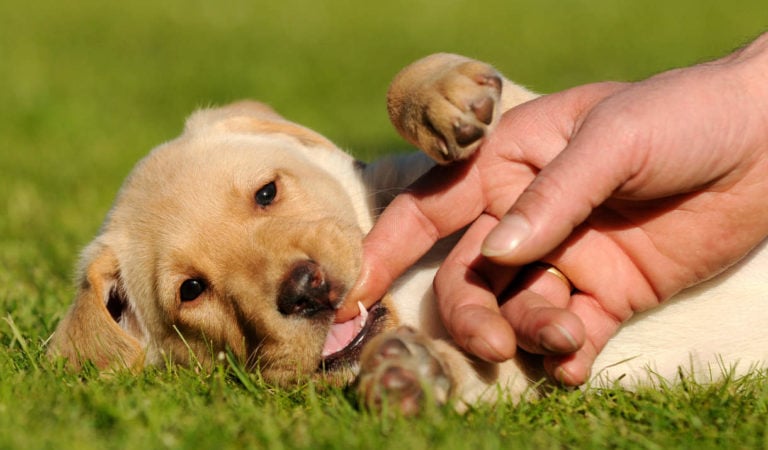10 Mistakes to Avoid If You Own a Dog
Owning a dog is one of life’s most rewarding experiences—but it’s also a big responsibility. Even the most loving pet owners can make mistakes without realizing it.
From training slip-ups to overlooked health routines, these common errors can impact your dog’s happiness, behavior, and well-being in surprising ways. This list isn’t here to shame—it’s here to help.
Whether you’re a first-time pup parent or a seasoned dog lover, avoiding these missteps can strengthen your bond and make daily life smoother for both of you.
Let’s take a look at ten all-too-common mistakes dog owners make—and how to steer clear of them so your dog can thrive, tail wags and all.
1. Skipping Consistent Training
Dogs thrive on routine and clear expectations. Without consistent training, your dog may become confused about what’s allowed and what isn’t, which can quickly lead to behavioral problems.
Training isn’t a one-time thing you do in puppyhood and forget. Dogs need regular reminders and reinforcement of basic commands and manners. Even a well-behaved adult dog can regress without upkeep.
Skipping this step might seem harmless at first, but over time, it creates frustration for both the dog and owner. Consistency not only shapes behavior—it also builds trust and confidence.
2. Using Punishment Instead of Positive Reinforcement
Harsh discipline might stop a behavior in the moment, but it damages your dog’s trust and creates fear. Positive reinforcement, on the other hand, encourages good choices.
When you reward your dog for desirable behaviors—like sitting instead of jumping—you’re teaching them what works to get attention or treats. That’s far more effective than scolding or physical corrections.
Dogs don’t understand “wrong” the way humans do. They learn best when they feel safe and supported. Using positive methods builds a better relationship and leads to long-term success.
3. Not Socializing Early On
The early weeks and months of a dog’s life are crucial for shaping how they interact with the world. Dogs that aren’t exposed to people, animals, and sounds early on may develop lasting fears.
Poor socialization often results in anxiety, aggression, or reactivity. It’s not about throwing your pup into overwhelming situations—it’s about gradually building their confidence.
Positive exposure to different environments helps your dog feel secure, adaptable, and relaxed. Early socialization is one of the best investments you can make in their lifelong behavior.
4. Ignoring Breed-Specific Needs
Not every dog has the same requirements when it comes to activity, stimulation, and care. Assuming all dogs fit into one lifestyle can lead to physical and mental health issues.
A Border Collie stuck in a tiny apartment with no job to do will become restless and destructive. A brachycephalic breed like a French Bulldog can overheat quickly if overexercised.
Understanding your dog’s breed traits can help you make better choices about their routine, environment, and enrichment. It’s not one-size-fits-all.
5. Feeding the Wrong Diet
Your dog’s nutrition has a direct effect on their energy, coat, digestive health, and even behavior. Feeding low-quality food or giving too many scraps can lead to serious problems.
Obesity, allergies, nutrient deficiencies, and joint issues often trace back to diet. Even healthy options in the wrong portions can do harm over time.
It’s important to choose food that suits your dog’s size, breed, and age. Regularly consult your vet to adjust feeding plans and ensure they’re getting what they need.
6. Neglecting Dental Care
Out of sight doesn’t mean out of mind. Dental hygiene is often overlooked, but neglecting your dog’s teeth can lead to pain, infection, and costly procedures.
Plaque buildup can cause gum disease and tooth loss. Worse, bacteria from the mouth can spread to vital organs like the heart and kidneys.
Brushing a few times a week, offering dental chews, and scheduling professional cleanings can go a long way. Your dog’s mouth deserves the same attention as their coat or nails.
7. Leaving Dogs Alone Too Long
Dogs are social animals that need interaction and companionship. Leaving them alone for extended hours every day can lead to anxiety, boredom, and destructive behaviors.
They don’t understand why you’re gone or when you’ll be back. This emotional stress can manifest in whining, chewing, accidents, or depression.
If your lifestyle involves long hours away, consider a dog walker, pet sitter, or doggy daycare. Mental stimulation and company matter just as much as food and shelter.
8. Skipping Vet Visits and Preventative Care
Just because your dog seems fine doesn’t mean everything is okay under the surface. Regular vet checkups catch health issues early, often before symptoms appear.
Skipping vaccines, heartworm preventatives, and annual bloodwork puts your dog at risk for diseases that are often preventable or manageable when caught in time.
Preventative care might feel like a hassle, but it’s far less stressful than managing chronic illness or emergency treatment. Your dog’s long-term health depends on it.
9. Not Providing Enough Exercise or Mental Stimulation
A tired dog is a happy dog—but tired doesn’t just mean physically worn out. Mental enrichment is equally important for their well-being.
Many behavior issues like chewing, barking, or pacing stem from boredom or under-stimulation. Walks alone may not be enough, especially for active or working breeds.
Incorporate puzzle toys, scent games, training sessions, or agility exercises. A mentally and physically fulfilled dog is calmer, more obedient, and far less likely to get into trouble.
10. Failing to Set Boundaries
While it might feel loving to let your dog have free rein, a lack of boundaries creates confusion and insecurity. Dogs need structure to feel safe.
When rules are unclear or inconsistently enforced, dogs start testing limits—and that can quickly spiral into disobedience or stress.
Clear boundaries around things like furniture access, mealtime behavior, and leash walking help your dog understand their role in the household. Structure leads to a more harmonious relationship.
















